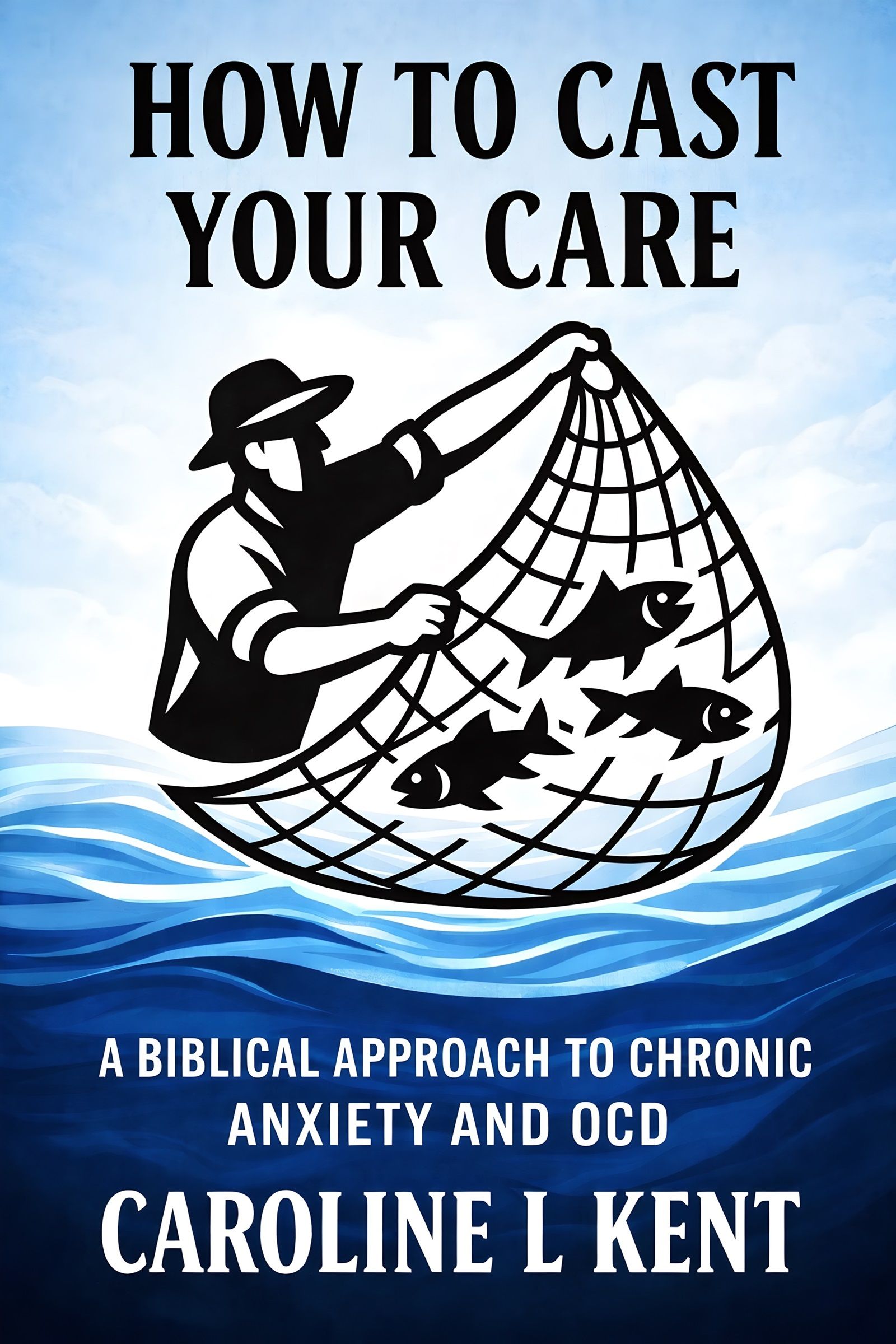Biblical Love 1
Love as the Foundation

Expounding 1 Corinthians 13:4 – Love as the Foundation of Struggling Marriages
1 Corinthians 13:4 states, “Charity suffereth long, and is kind; charity envieth not; charity vaunteth not itself, is not puffed up” (KJV). This verse provides a rich, multi-faceted description of love that is applicable not only to all relationships but especially to marriage, where love is tested in daily living. Let us break down each term and apply it to the context of a struggling marriage.
Key Terms and Expounding Their Meaning
"Charity suffereth long" (Patience):
- Definition: This term speaks to enduring challenges without retaliation, maintaining composure in the face of provocation or difficulty.
- Biblical Insight: Patience reflects God’s character, as He is “longsuffering toward us” (2 Peter 3:9 KJV).
Application in Marriage:
- In conflict, patience restrains hasty words or actions, allowing for reconciliation rather than escalation.
- Couples can practise patience by pausing during disagreements, praying for self-control, and listening to each other with an open heart.
- Example: A wife frustrated by her husband’s forgetfulness might hold back criticism, choosing instead to gently remind him and pray for strength to overlook minor offenses.
- Puritan Wisdom: Thomas Watson writes, “A meek spirit is a forgiving spirit; it will not be provoked” (The Beatitudes).
"And is kind" (Kindness):
- Definition: Kindness involves active goodwill, generosity, and a tender-hearted approach.
- Biblical Insight: God exemplifies kindness in His mercy and provision for all people (Luke 6:35).
Application in Marriage:
- In the midst of hurt or anger, kindness seeks to heal rather than hurt, offering soft words and actions that build rather than break.
- Example: A husband might choose to surprise his wife with a small, thoughtful gesture, even after a heated argument, to express his commitment to their relationship.
- Reflective Question: How can you demonstrate unexpected kindness to your spouse this week?
"Charity envieth not" (Freedom from Envy):
- Definition: Love is not jealous or resentful of another's advantages or achievements.
- Biblical Insight: Envy led to Cain’s downfall (Genesis 4:5-7), but love rejoices in the blessings of others.
Application in Marriage:
- Couples must celebrate each other’s strengths rather than feeling threatened by them. For example, if one spouse excels at work or parenting, the other should offer encouragement rather than harbour envy.
- Example: A wife might genuinely praise her husband for a career milestone instead of feeling overshadowed by his success.
- Puritan Perspective: Richard Sibbes emphasised the joy of mutual edification, stating, “Love’s happiness lies in the welfare of others” (The Bruised Reed).
"Vaunteth not itself, is not puffed up" (Humility):
- Definition: Love does not boast or inflate itself with pride. It is modest and humble.
- Biblical Insight: Christ’s humility in washing the disciples’ feet (John 13:5) demonstrates love’s willingness to serve.
Application in Marriage:
- Humility enables couples to admit faults, seek forgiveness, and prioritise their partner’s needs over their own desires.
- Example: A husband might say, “I was wrong to dismiss your feelings,” recognising his fault and seeking to restore unity.
- Interactive Question: How often do you apologise to your spouse when you’ve been wrong?
Practical Applications for Struggling Marriages
- Journaling Prompt: Reflect on each aspect of love (patience, kindness, freedom from envy, humility). Identify where you might struggle in your marriage and write a prayer asking for God’s help to grow in that area.
- Scripture Meditation: Read 1 Corinthians 13:4-7 aloud together as a couple daily for a week. Ask, “How can we apply these truths today?”
- Challenge: Each spouse commits to one act of unexpected kindness this week. Afterwards, share how this impacted your relationship.
Encouragement for the Journey
As William Gurnall reminds us, “Nothing is stronger than love; it conquers all.” A marriage rooted in biblical love can withstand trials, but it requires effort, humility, and reliance on God’s grace. When you are tempted to give up, remember that Christ’s love empowers and sustains us, even in the hardest moments.
“Love never faileth” (1 Corinthians 13:8 KJV)—let this be the foundation of your hope in restoring and strengthening your marriage.








